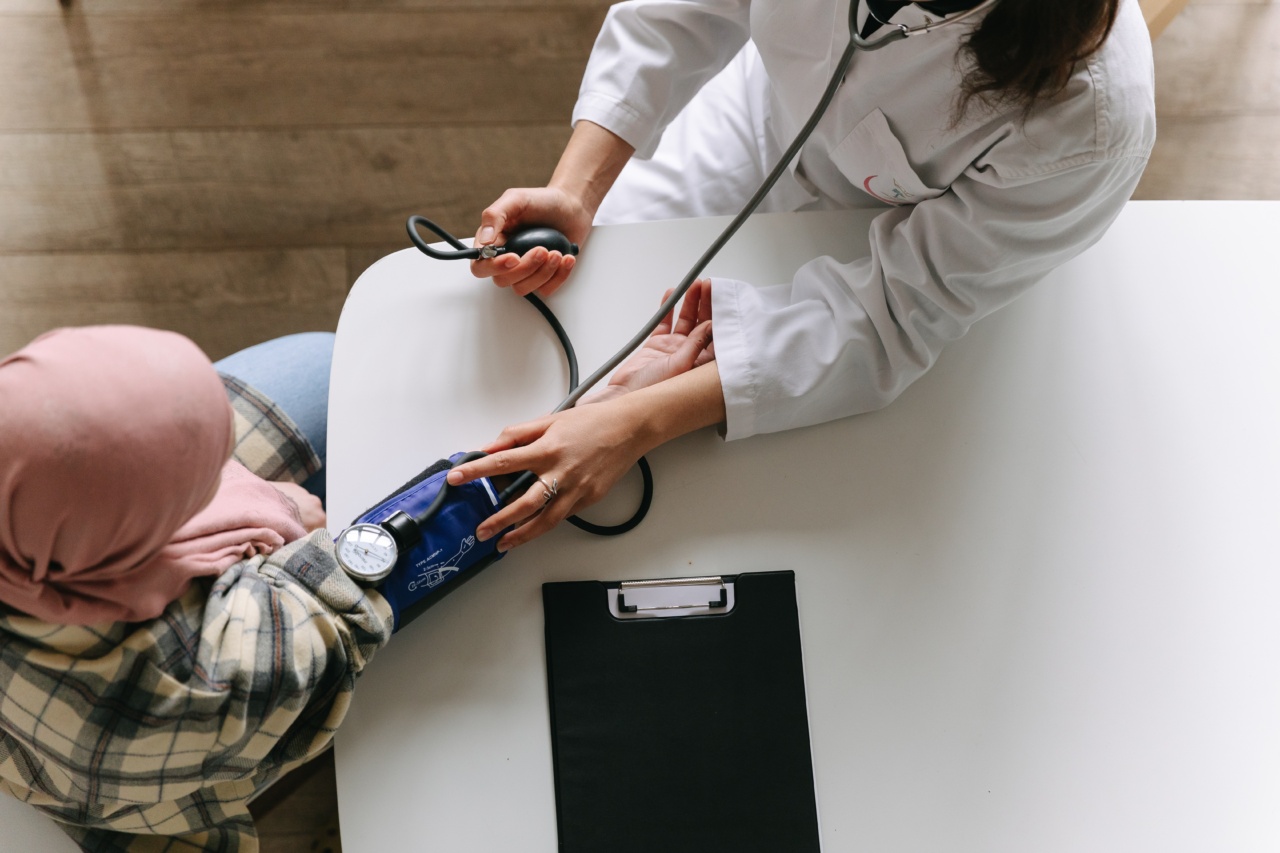Seeing blood in your stool can be a distressing experience. It is often associated with serious health conditions, such as colorectal cancer. However, it is important to understand that blood in the stool doesn’t always indicate cancer.
In this article, we will explore the various causes of blood in the stool and highlight why it is essential to consult a healthcare professional for an accurate diagnosis.
Understanding Hematochezia
Hematochezia, which refers to the passage of fresh blood through the rectum, can manifest as red or maroon-colored blood in the stool.
While it is natural to associate this symptom with colorectal cancer, there are several other potential causes to consider.
Hemorrhoids: A Common Culprit
Hemorrhoids are swollen blood vessels that can occur in the rectum or anus. They are a common cause of blood in the stool and often result from straining during bowel movements, pregnancy, or chronic constipation.
Hemorrhoids can cause mild to severe bleeding, but they rarely indicate cancer.
Anal Fissures: A Painful Possibility
Anal fissures are small tears in the lining of the anus, often caused by a hard or large stool passing through the rectum. They can result in bright red blood on the surface of the stool or on toilet paper after wiping.
While anal fissures can be painful, they are typically harmless and unrelated to cancer.
Diverticulosis and Diverticulitis
Diverticulosis refers to the presence of small pouches (diverticula) in the lining of the colon. These pouches are common in older adults and are generally harmless.
However, if these diverticula become inflamed or infected, a condition known as diverticulitis, it can cause severe abdominal pain, fever, and rectal bleeding. While diverticulitis requires medical attention, it is not directly related to cancer.
Inflammatory Bowel Disease
Conditions such as Crohn’s disease and ulcerative colitis, collectively known as inflammatory bowel disease (IBD), can cause blood in the stool.
IBD is characterized by chronic inflammation of the digestive tract and can result in symptoms like abdominal pain, diarrhea, and rectal bleeding. While IBD increases the risk of developing colorectal cancer over time, the presence of blood in the stool does not necessarily signify cancer.
Peptic Ulcers and Gastritis
Peptic ulcers are open sores that develop on the lining of the stomach or the upper part of the small intestine. Gastritis refers to inflammation of the stomach lining.
Both conditions can cause blood in the stool, leading to dark or black stools, known as melena. While peptic ulcers and gastritis can be uncomfortable, they are not directly linked to cancer.
Colon Polyps
Colon polyps are growths that occur on the inner lining of the colon or rectum. Some polyps can bleed and result in blood in the stool.
While certain types of colon polyps may increase the risk of developing colorectal cancer, the presence of blood in the stool is not indicative of cancerous polyps. However, it is essential to have any detected polyps monitored by a healthcare professional.
Less Common Causes of Hematochezia
In rare cases, blood in the stool may be caused by less common conditions such as vascular malformations, coagulopathy (bleeding disorders), or infections in the gastrointestinal tract.
These causes are less common but still emphasize the importance of seeking professional medical advice when experiencing blood in the stool.
When to Seek Medical Attention
While blood in the stool doesn’t always signify cancer, it is crucial to consult a healthcare professional to determine the underlying cause. Certain symptoms accompanying blood in the stool may indicate a more serious condition, including:.
- Persistent rectal bleeding or blood in the stool
- Abdominal pain or discomfort
- Unexplained weight loss
- Changes in bowel habits
- Family history of colorectal cancer
- Prolonged anemia or fatigue
A medical professional can perform a thorough evaluation, including a physical examination, medical history review, and potentially recommend further diagnostic tests to determine the cause of the blood in the stool.
Conclusion
While blood in the stool can be alarming, it is not always an indicator of colorectal cancer.
Conditions like hemorrhoids, anal fissures, diverticulosis, inflammatory bowel disease, peptic ulcers, gastritis, and colon polyps are frequent causes of hematochezia. However, it is essential to consult with a healthcare professional to receive a proper diagnosis and determine the underlying cause.
Early detection and appropriate treatment can help manage, and in some cases, eliminate the cause of blood in the stool and prevent potential complications.































